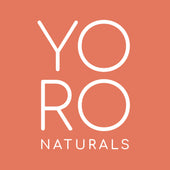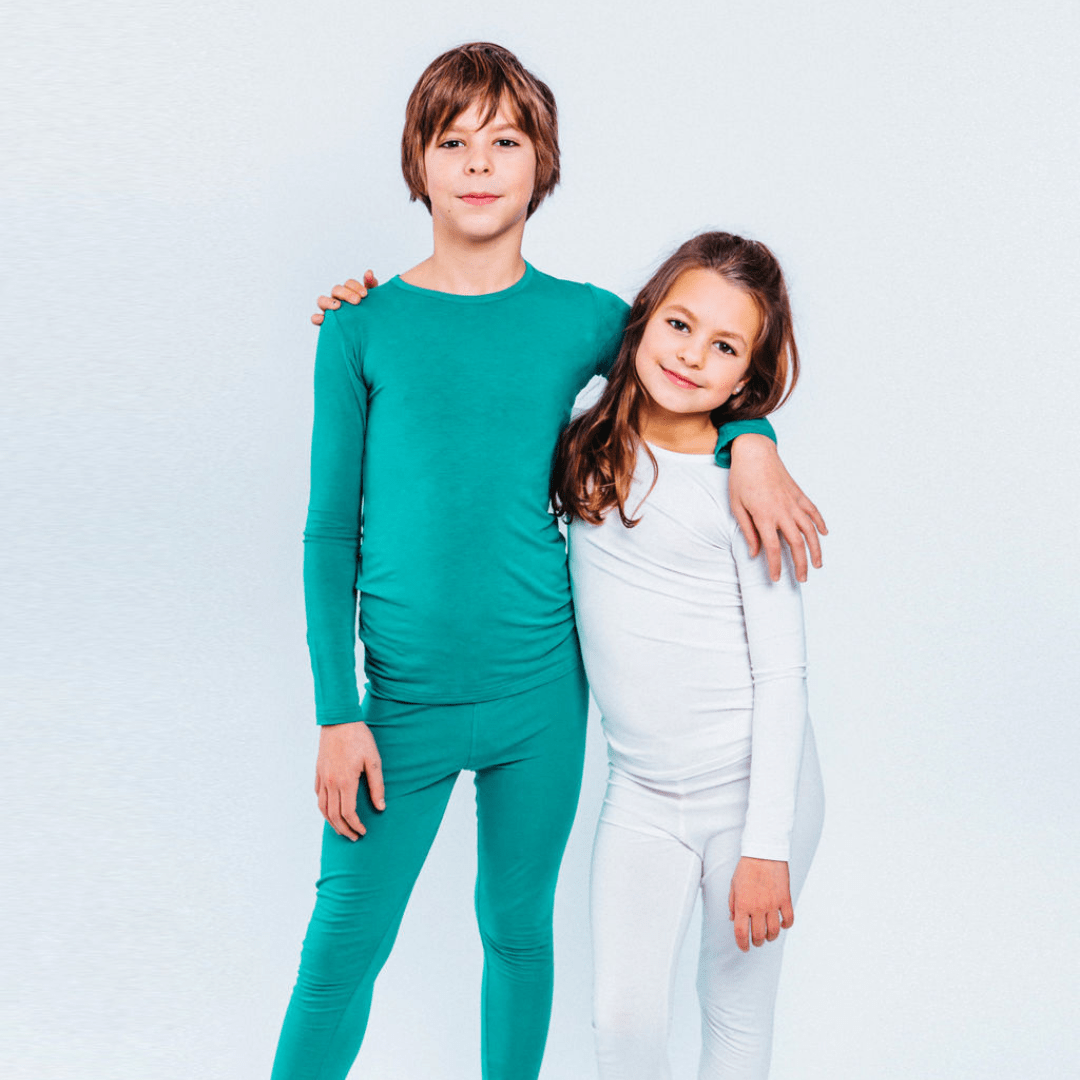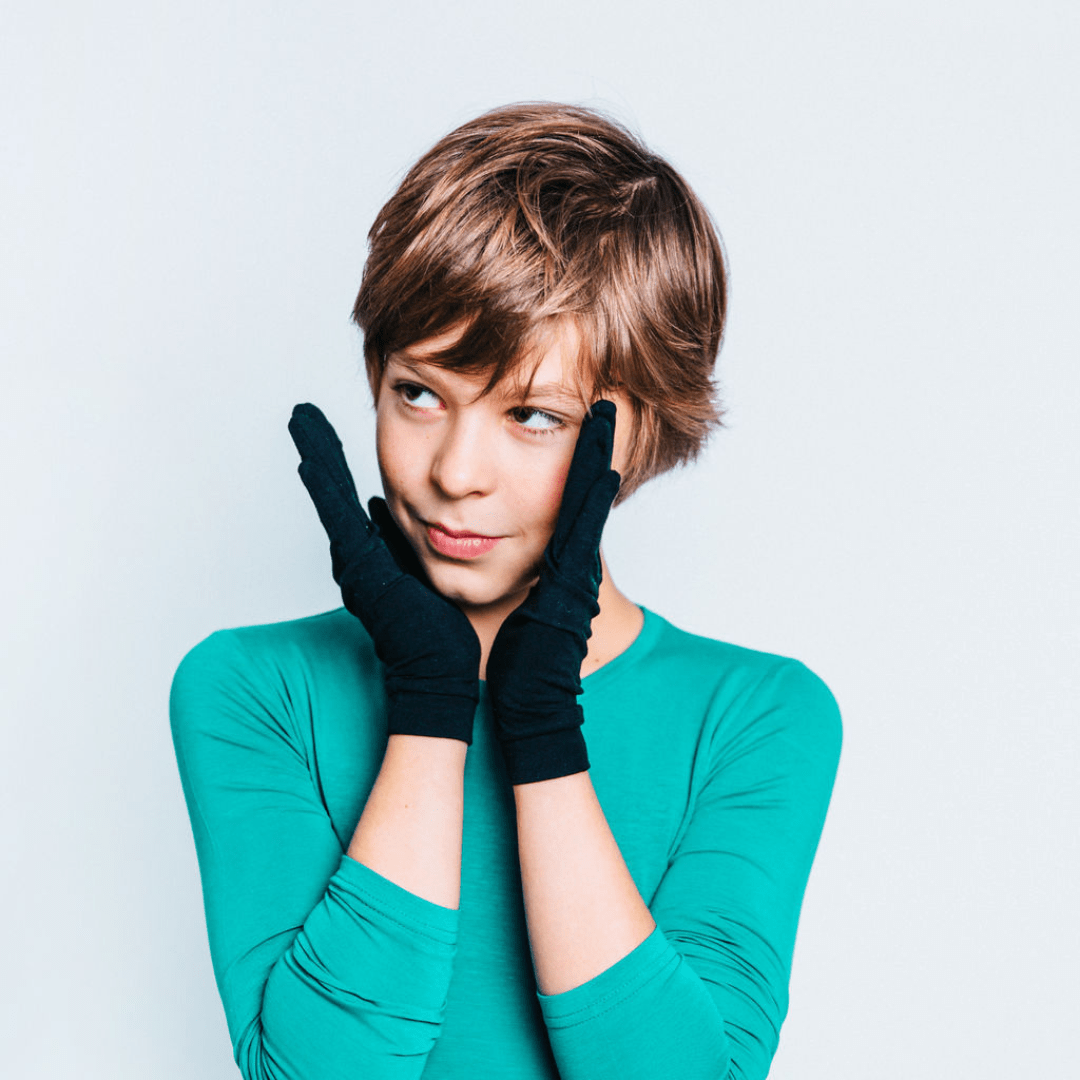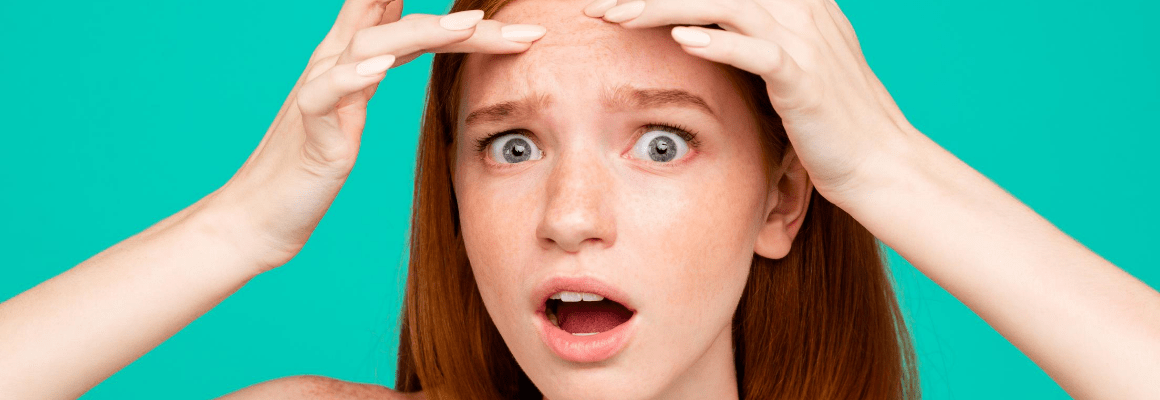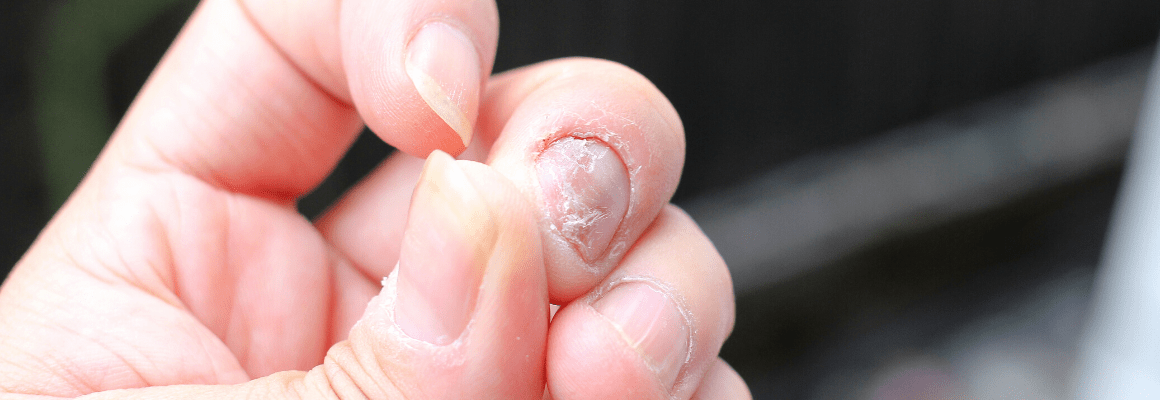Whether it’s deciphering between psoriasis and eczema or foot eczema and athlete’s foot, babies and adults alike are subject to skin conditions that may be difficult to identify. The difference is that adults can at least tell you how they feel while to diagnose babies, we must rely on looks alone.
Baby acne and eczema are two conditions that both cause rash-like patches on the skin. Typically affecting babies when they are between one and six months old, these are both common in babies and easily confused. To help you better treat your baby’s skin, read on as we answer the important question: is it baby acne or eczema?
What is Eczema?
Eczema is a chronic and inflammatory skin condition that usually develops in childhood between the ages of 6 months and 5 years old. Eczema in babies tends to appear on the cheeks and forehead. As that baby grows, the rash may affect the elbows, knees, and skin creases. Some children may grow out of the condition as they age but for many, it is a lifelong condition.
As with baby acne, there is no exact known cause of eczema but it’s believed to be triggered by a variety of factors. For babies in particular, drooling can cause flare-ups, especially as they begin to teethe. Other triggers that can irritate sensitive skin or exacerbate symptoms include rough fabrics, certain foods, extreme weather conditions, pet fur, sweat, and harmful chemicals found in soaps and beauty products. Identified by patches of red, rough, and extremely dry skin, the condition affects roughly 10-20% of the population. It is not contagious.
What is Baby Acne?
While baby acne typically develops at around 2 weeks old, it can develop at any point before 6 weeks. Some babies even have baby acne from birth. A fairly common condition, it affects an estimated 20% of newborns. Similarly to adult acne, it’s characterized by small red or white bumps that appear on the cheeks, nose, forehead, and back. These symptoms usually disappear on their own in roughly 3-4 months.
The exact cause of baby acne is unknown but it’s likely triggered by factors such as overactive oil gland, bacteria, and hormones.
Baby Acne vs Eczema: Key Differences
Appearance
Baby eczema looks similar to a typical rash. In babies under 6 months old, it usually looks red and weepy. The skin may develop a yellow crust or lumps containing pus if infected. Baby acne looks similar to adult acne. A differentiating factor is that baby acne is bumpy and not itchy.
Age
Baby acne develops within the first 6 weeks of life, while eczema develops between 6 months and 5 years.
Affected Areas of the Body
Common places for baby acne breakouts include the forehead, chin, scalp, neck, back, and chest. Baby eczema typically appears on the face, cheeks, chin, forehead, and scalp.
How to Treat Eczema or Baby Acne
When dealing with sensitive and delicate baby skin, natural treatment options work best. We have a variety of Remedywear™ Eczema Clothing for Babies to help reduce itchiness and soothe irritation, as well as prevent scratching. Here are some of our favorites:
Remedywear™ Long Sleeve Shirt for Kids –if your little one suffers from eczema on the back, arms, or tummy, check out this super soft cooling shirt. TENCEL and zinc fibers help reduce itchiness while improving the quality of sleep.
Remedywear™ Pants for Kids–for baby eczema on legs or feet, we recommend these stretchy and flexible pants. They’re perfect for wearing during the day or as an overnight pajama.
Organic Manuka Skin Soothing Cream–make the most of your treatment by combining with this moisturizing oil-based balm. It’s made with just 6 ingredients - all natural! - so you can rest assured that it’s safe and gentle enough for your baby’s skin.
References:
https://www.medicalnewstoday.com/articles/324234
https://www.healthline.com/health/childrens-health/baby-acne-or-rash

